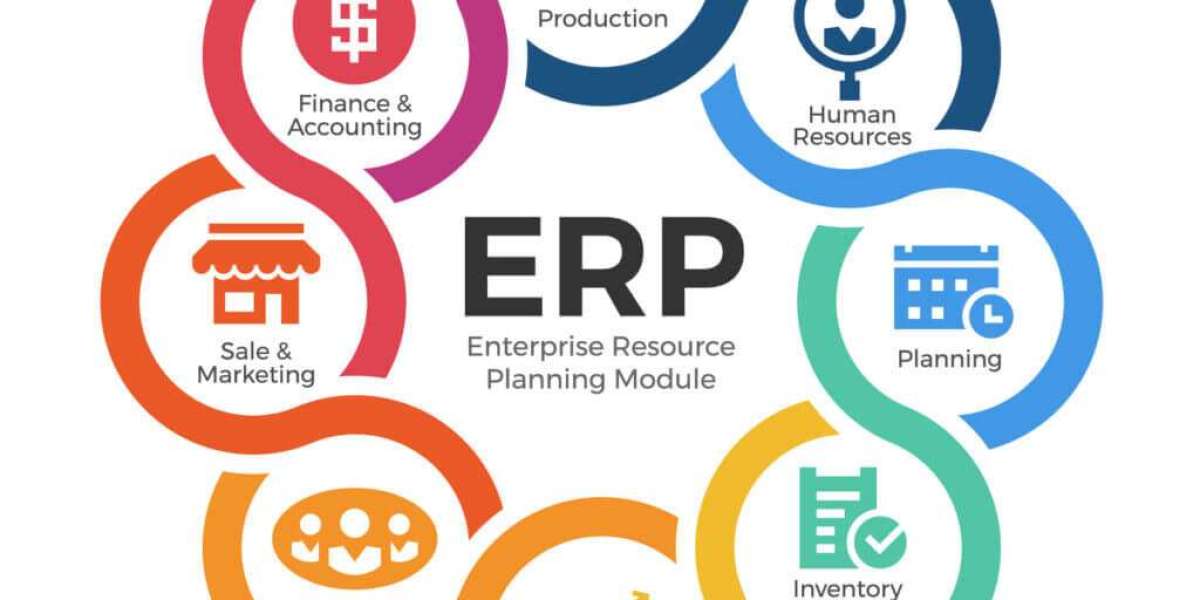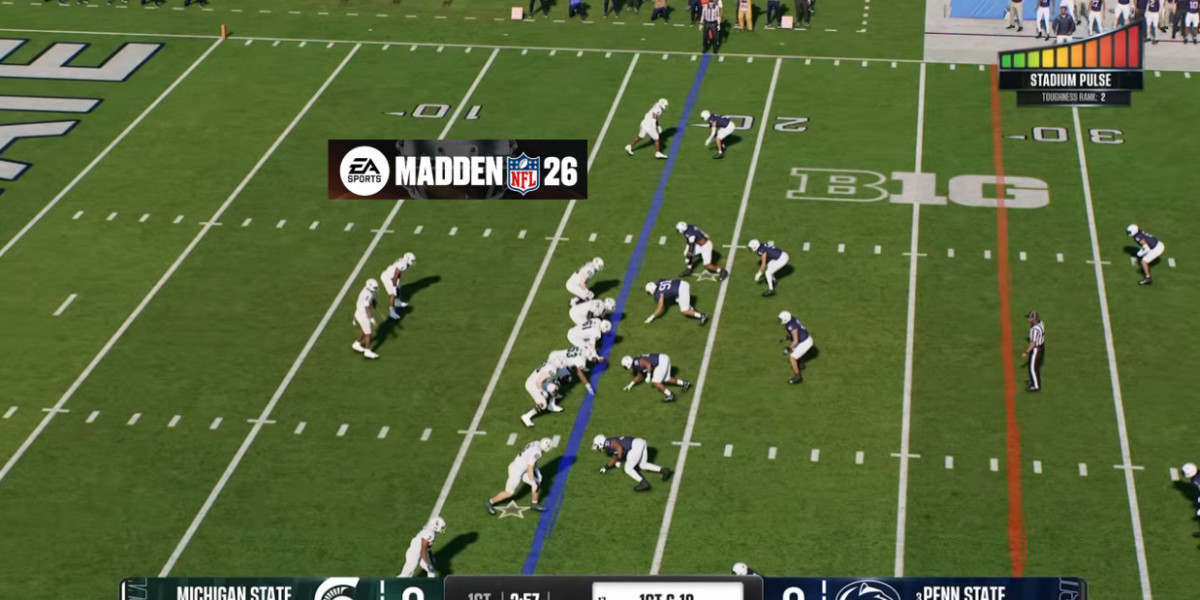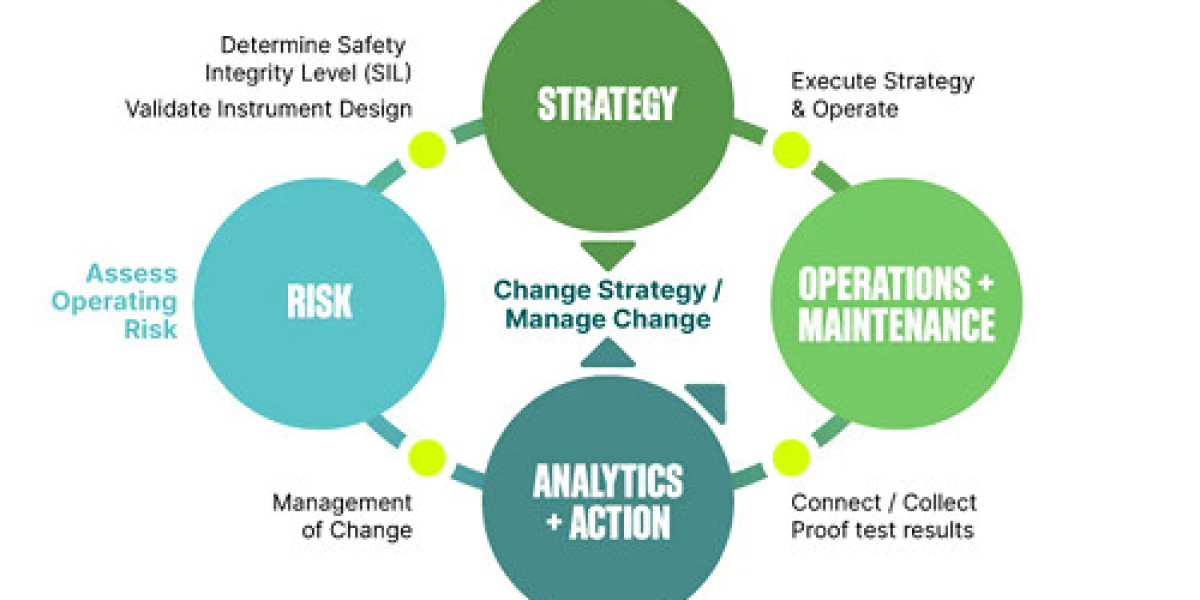The U.S. Enterprise Resource Planning software market is a mature and highly consolidated arena, with market share being overwhelmingly dominated by a small and powerful oligopoly of global enterprise software behemoths. A detailed US ERP Software Market Share Analysis reveals that the vast majority of the market, particularly at the high end among the largest and most complex enterprises, is controlled by just two titans: SAP and Oracle. Their market share dominance is built on a foundation of their deep, decades-long entrenchment in the core, mission-critical operations of the Fortune 500. Their competitive strategy has been to offer a comprehensive, end-to-end, and deeply integrated suite of applications that can run a company's entire global business, from finance and HR to manufacturing and supply chain. The sheer scale and complexity of these systems, and the incredibly high financial and operational costs of ever switching away from them, have created a powerful and enduring "vendor lock-in" effect that is the bedrock of their market share leadership. They are currently in a high-stakes battle to migrate their massive, on-premise installed base to their next-generation cloud ERP platforms (S/4HANA for SAP and Fusion Cloud ERP for Oracle).
A second and increasingly powerful tier in the competitive landscape, which has a significant and growing share of the market, particularly in the mid-market and in specific, service-centric industries, is composed of a handful of other major, publicly-traded ERP vendors. This group includes players like Microsoft, with its Dynamics 365 platform, Workday, which is a dominant force in the cloud-native Human Capital Management (HCM) and Financials space, and NetSuite (now owned by Oracle), which is the undisputed market share leader in the cloud ERP market for small and medium-sized enterprises (SMEs). The competitive strategy of these players is often one of focus and a more modern, cloud-native architecture. Workday, for example, has built its entire business on a pure, multi-tenant SaaS model with a strong focus on a superior user experience, which has allowed it to successfully challenge the legacy incumbents in the HR and finance departments. Microsoft is leveraging its massive, global ecosystem and its deep integration with its other cloud services (like Azure and Microsoft 365) to be a major and growing force in the market.
Finally, the market share analysis is completed by a third, more fragmented tier of specialized, often industry-focused, ERP providers. While the giants dominate the horizontal market, this segment is populated by a host of highly successful vendors that have built their business by focusing on the unique needs of a specific vertical market. This includes companies like Infor, which has a strong presence in the manufacturing and distribution industries, and Epicor, which is also a major player in the mid-market manufacturing space. It also includes a vast ecosystem of smaller players who provide ERP solutions for highly specific niches, such as the construction industry, the food and beverage industry, or the non-profit sector. The competitive advantage of these specialist firms is their deep domain expertise and the fact that their products are purpose-built from the ground up to handle the unique business processes and regulatory requirements of their target industry. While their individual market share is smaller, they are a critical and highly influential part of the overall competitive landscape.
Top Trending Regional Reports -



